WATER AND RANGELAND IN KARAMOJA
Raphael Lotira
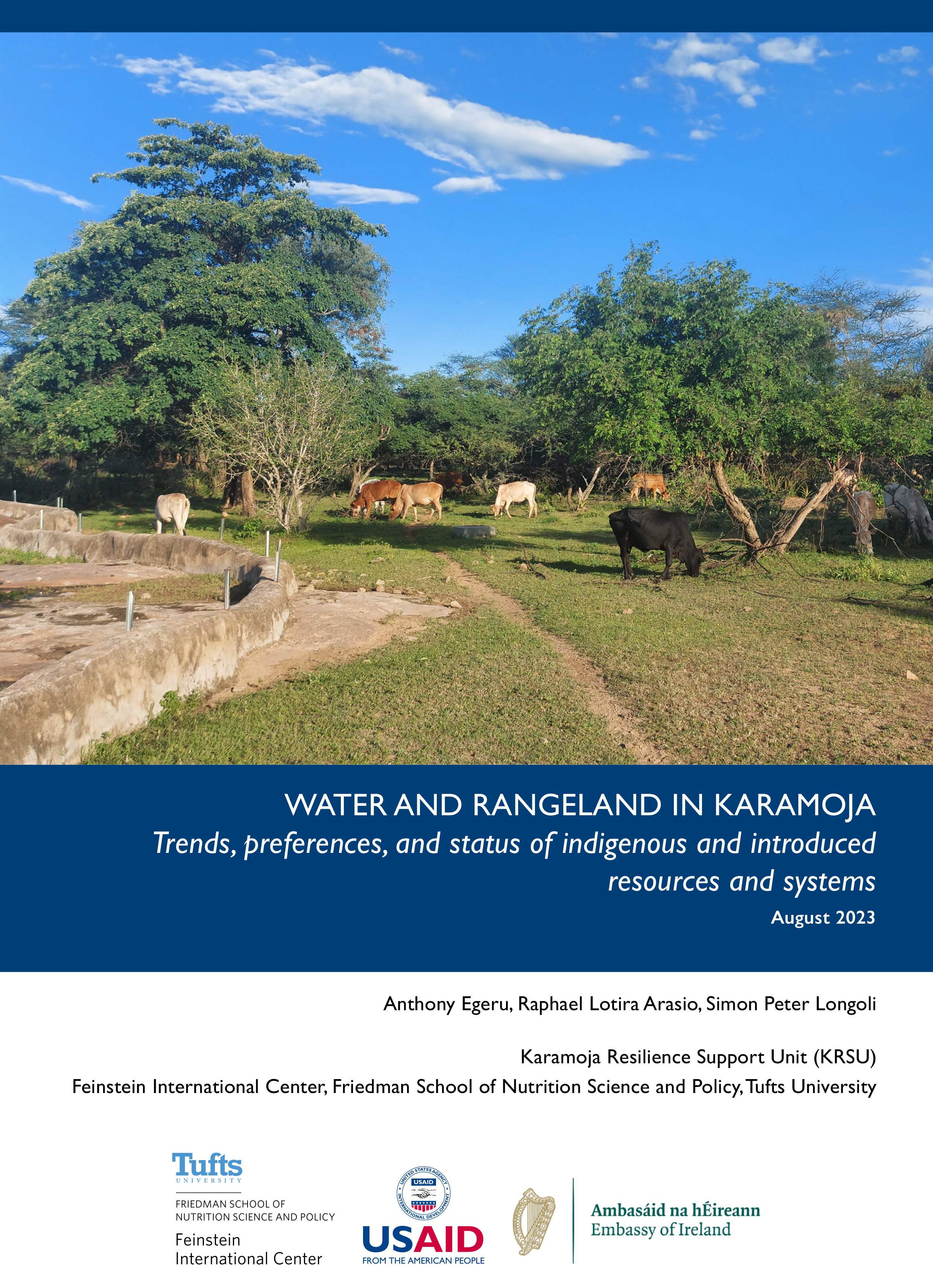
WATER AND RANGELAND IN KARAMOJA
Water and rangeland resources are the basis for livestock production in pastoralist areas of Africa and therefore have major impacts on pastoral livelihoods. Households with insufficient access to water or productive rangeland experience suboptimal herd growth and production, with associated negative impacts on the income and nutritious foods that livestock provide.
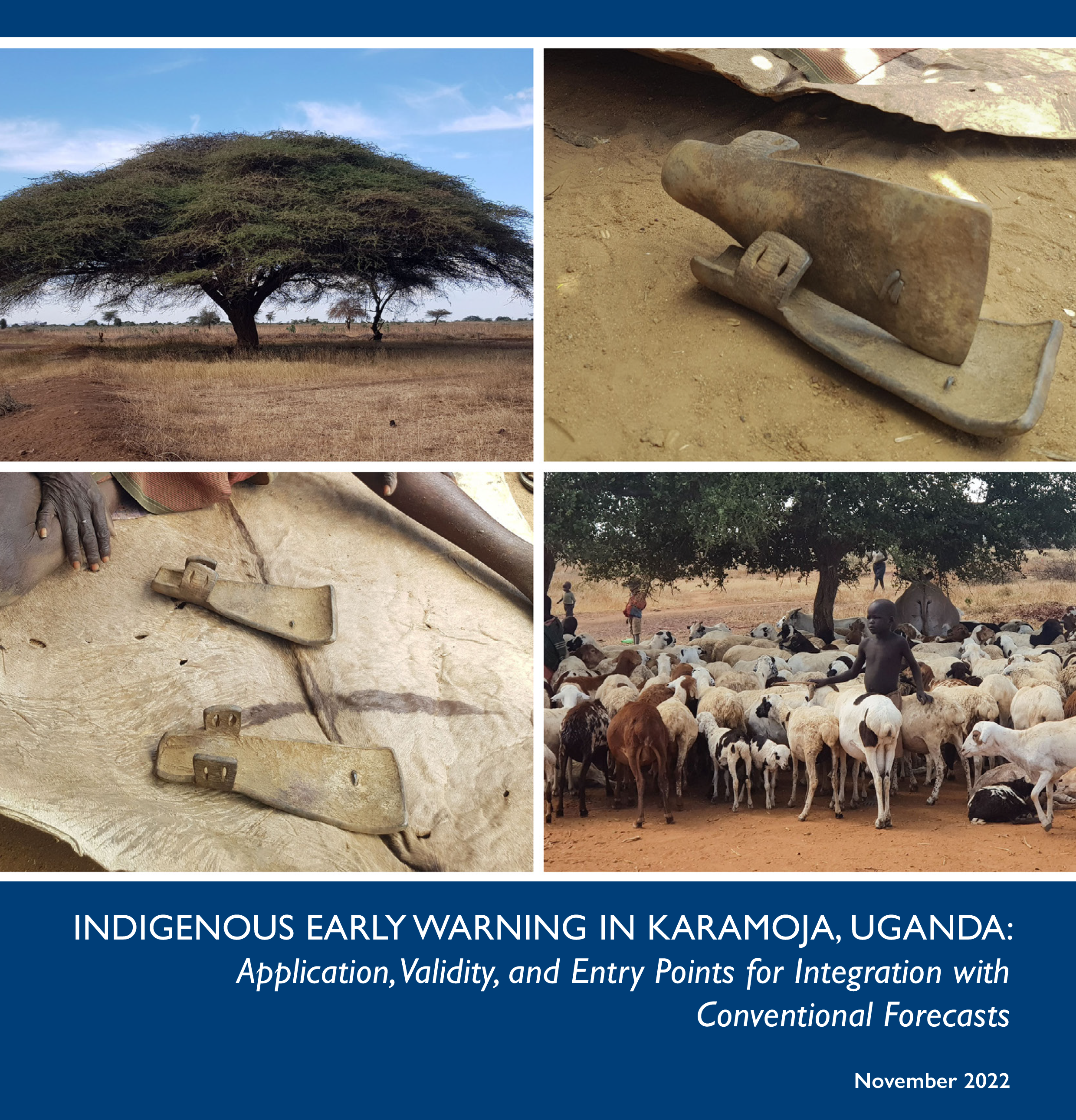
INDIGENOUS EARLY WARNING IN KARAMOJA, UGANDA
An effective early warning system (EWS) is a prerequisite for timely response to avert and mitigate the impacts of disasters that affect pastoralist and agro-pastoralist communities. Whereas there exist various forms of EWS in Uganda, the main concerns have been whether the early warning information is timely, accurate, accessible, and elicits early action. These questions point at inefficiencies in the conventional EWS in the country and the importance of the indigenous early warning system (IEWS) used by rural communities. These indigenous systems are especially important where conventional early warning information is inaccessible or coarse and therefore not suitable for guiding location-specific decisions.
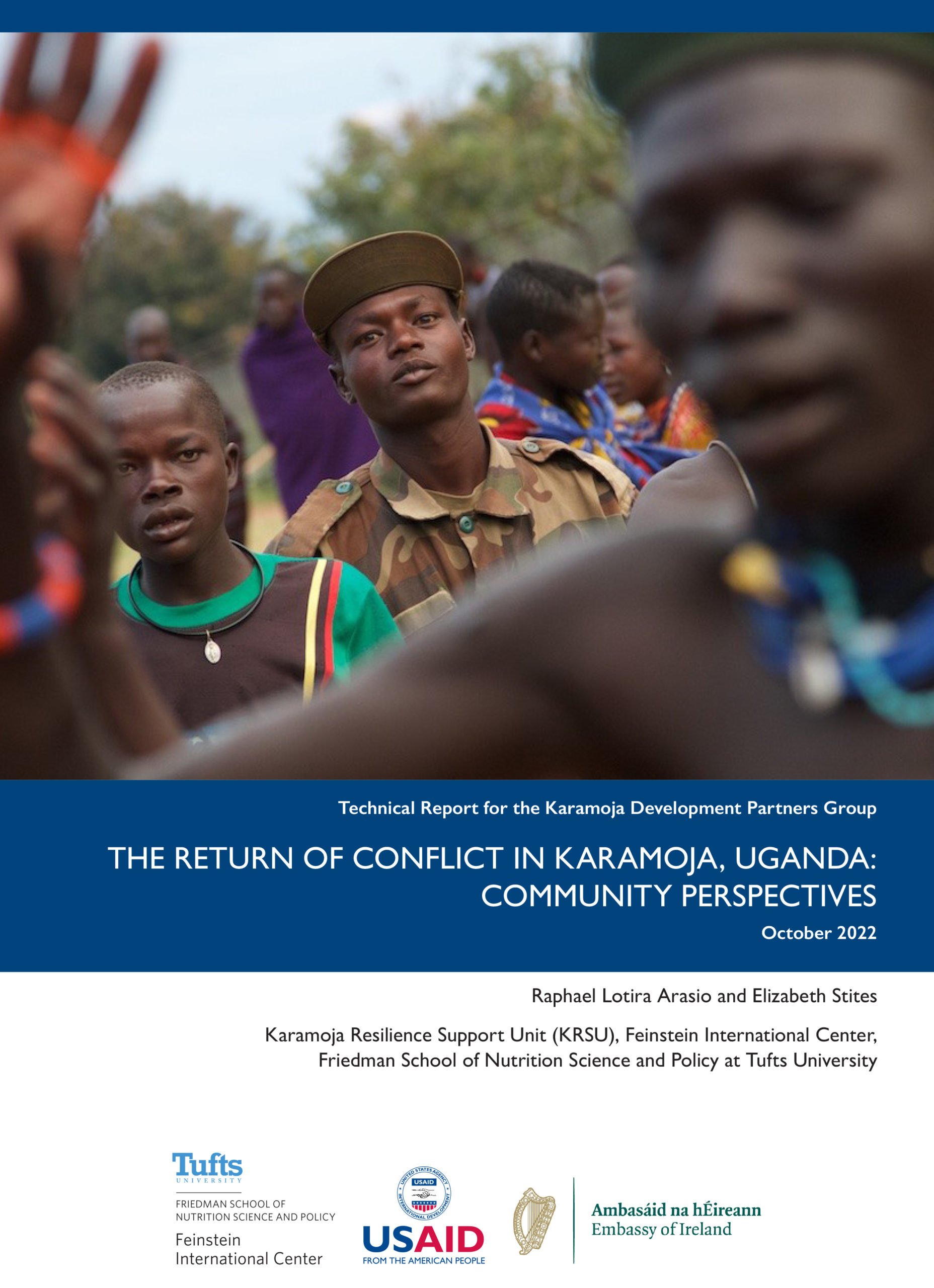
The Return of Conflict in Karamoja, Uganda: Community Perspectives
After nearly 10 years of relative peace, conflict and insecurity returned to the Karamoja sub-region of northeastern Uganda starting in 2019. This assessment investigates this resumption of conflict and insecurity from the perspective of the communities most involved and affected.
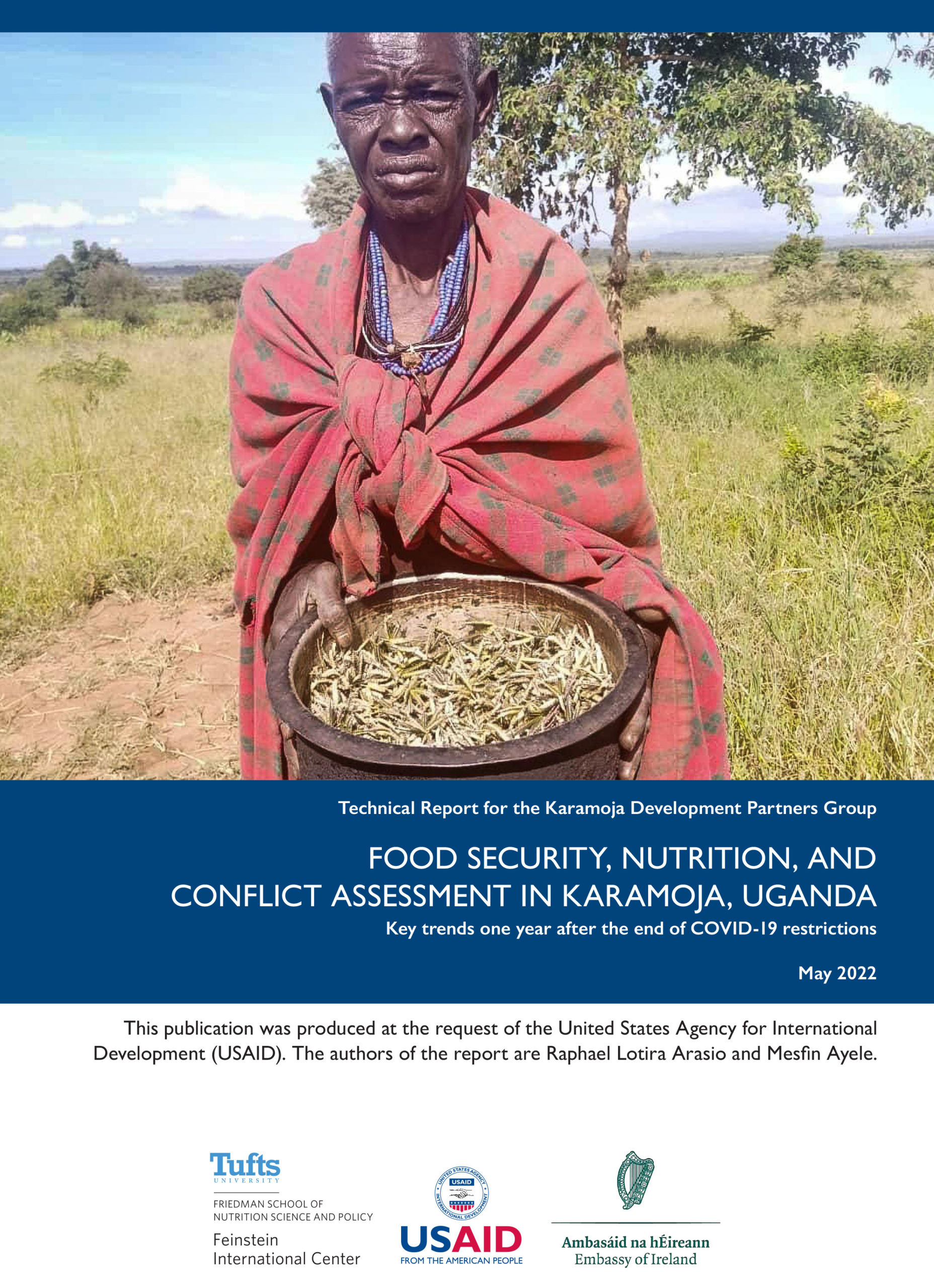
Food Security, Nutrition, and Conflict Assessment in Karamoja, Uganda
In mid-2020, the Karamoja Resilience Support Unit (KRSU) conducted a rapid assessment that described the impact of COVID-19 containment measures on rural livelihoods in Karamoja (Arasio et al. 20201). The assessment also forecast how disease restrictions would affect livelihoods over the following six to eight months (into early 2021). The initial assessment examined household wellbeing during COVID-19 relative to a normal (good) and bad (drought) year in Karamoja’s three main livelihood zones, represented by Amudat District (predominantly pastoralist but with some emerging crop production), Moroto District (predominantly agropastoralist), and Abim District (with high dependence on crop production, but also using livestock).
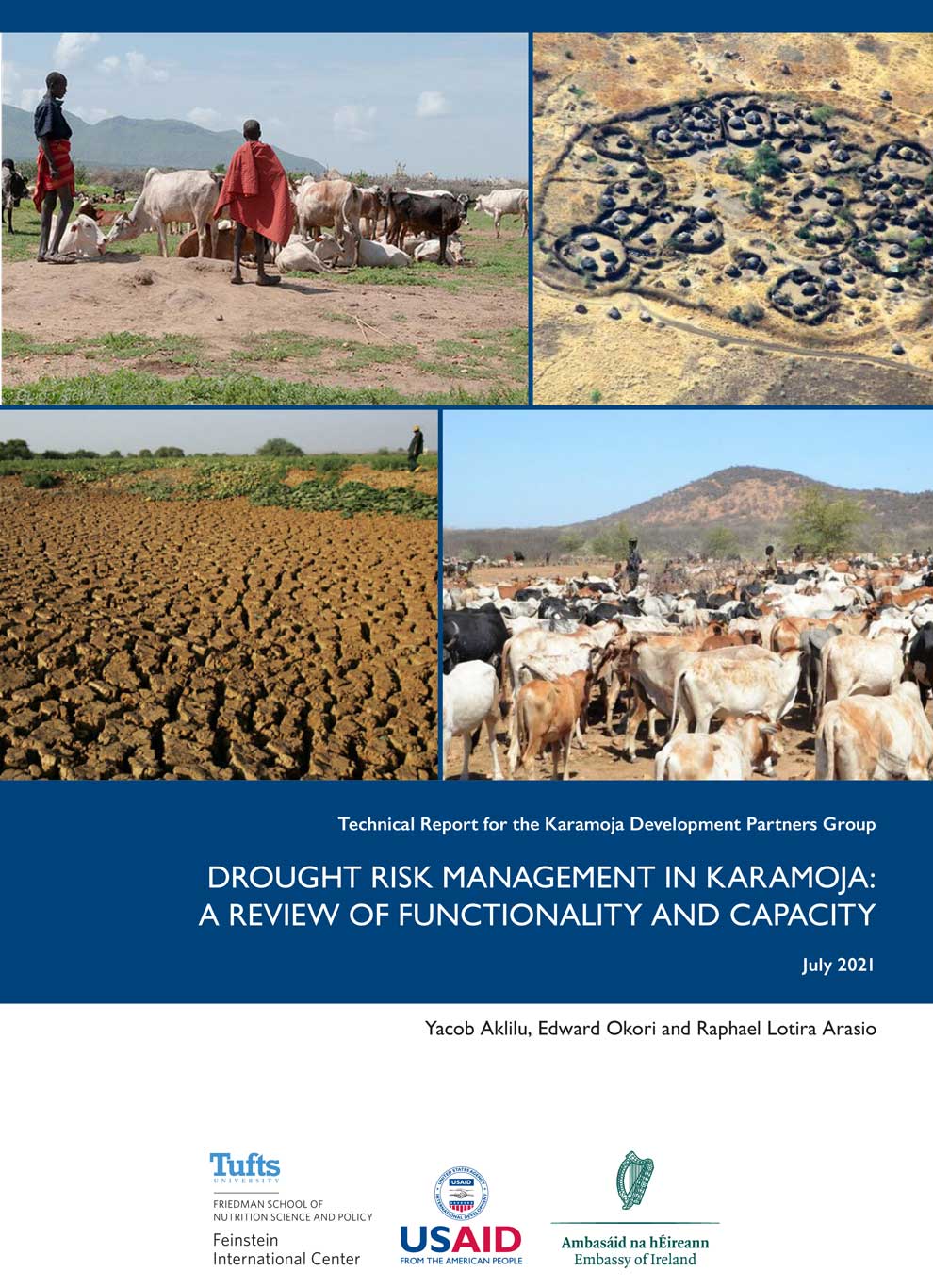
Drought Risk Management in Karamoja: A Review of Functionality and Capacity
In the history of Karamoja, drought has been one of the most important types of disaster, with major impacts on livelihoods. For livestock-owning households, drought can push both wealthy and poorer households into destitution, and the recovery of herds, their main form of financial capital, takes many years. Drought also has serious impacts on crop production and can decimate harvests. In the case of livestock interventions, there have been notable developments in effective drought response in many countries in the wider East Africa region, including novel partnerships between government, non-governmental organizations (NGOs) and private sector to provide early and more cost-effective programming.
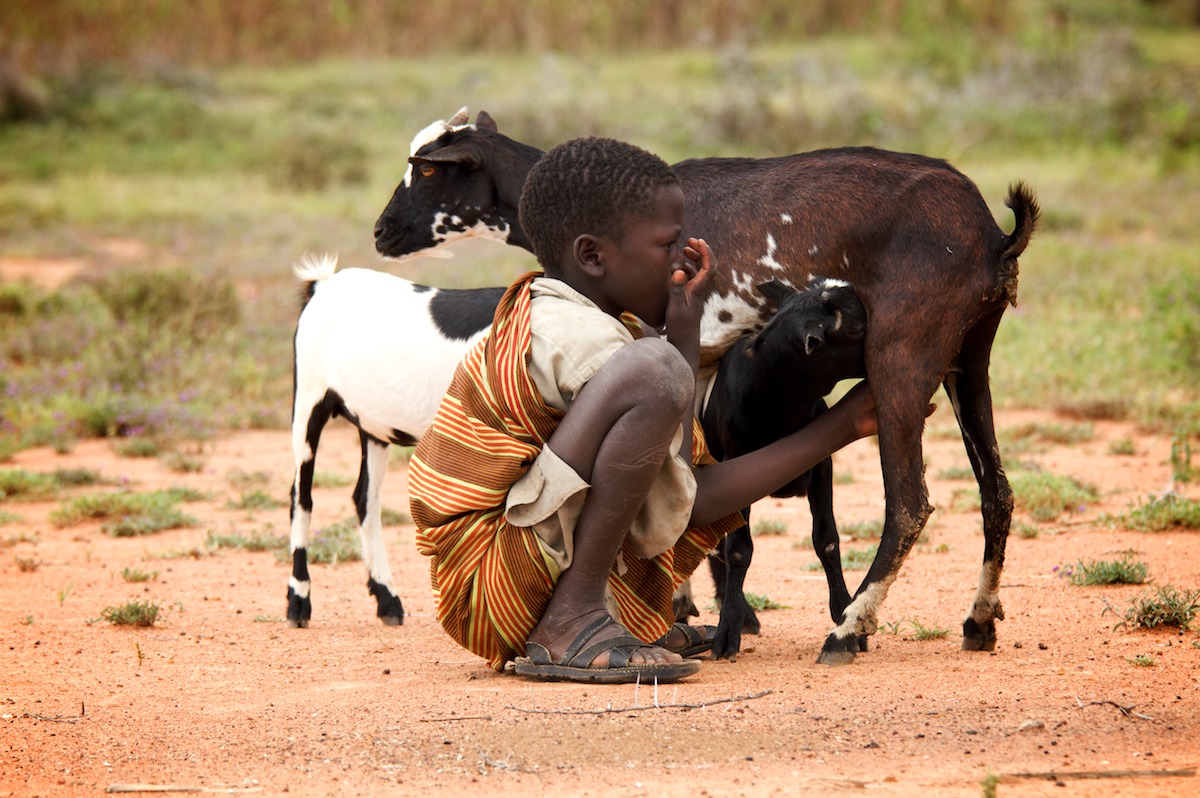
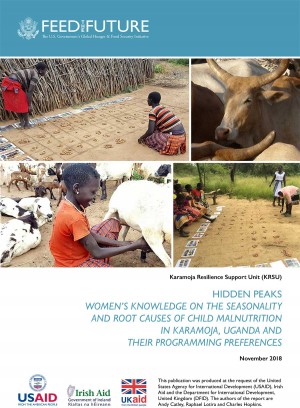
Hidden Peaks: Women’s Knowledge on the Seasonality and Root Causes of Child Malnutrition in Karamoja, Uganda and Their Programming Preferences
This report from the KRSU uses participatory epidemiology to understand women’s knowledge on the seasonality and causes of child malnutrition in Karamoja. The report provides important new information on the timing of peaks in child malnutrition, women’s views on the main causes of malnutrition and the relative importance of these causes, and women’s preferences for programs to reduce malnutrition
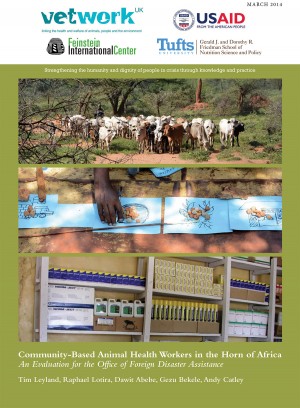
Community-Based Animal Health Workers in the Horn of Africa: An Evaluation for the Office of Foreign Disaster Assistance
Evaluation of USAID Office of Foreign Disaster Assistance (OFDA)-funded Community-Based Animal Health Worker (CAHW) programs in the Horn of Africa